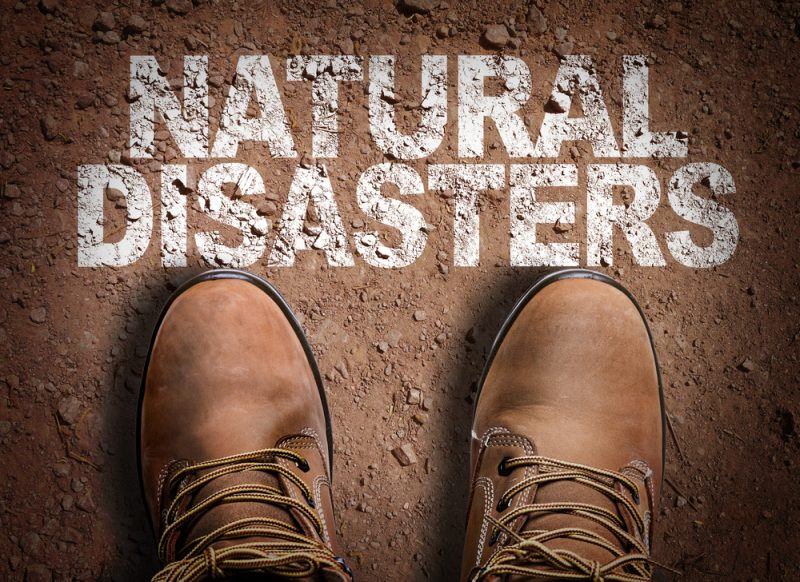Of all the things that could keep you up at night while worrying about the state of your business, natural disasters probably aren’t top of the list. But, depending on where you live, unforeseen acts of nature could seriously affect your productivity and profitability.
For example, total insured losses from Hurricane Harvey in Houston and Hurricane Irma in Florida were reported to exceed $150 billion, while wildfires in Northern California destroyed 3,500 homes and businesses.
In spite of these huge losses, many small business owners aren’t prepared for the worst case scenario, with 37 per cent stating that they would not be able to recover from a severe storm or fire.
So, is your business really prepared for a natural disaster? And if you’re not, how should you go about protecting yourself?
Create a watertight response plan
How can you best ensure your business survives a natural disaster? Preparation. By creating an all-encompassing response plan as far in advance as possible, you’ll know exactly what to do in the event of a storm, fire or other emergency situation.
Be sure to include things like evacuation routes, escape procedures and the contact details of important people. You should also consider how you plan on operating during a shutdown, such as designating employees who can work from home. Check your response plan works with regular drills and meetings.
Come up with a communication plan
Even though you’ll want to protect expensive equipment and inventory, your first priority should be looking after loyal customers, as losing their business is bound to be a bigger blow in the long run.
Remember to keep customers up-to-date with information via phone, email and social media. If your physical premises are still in tact, post a closure notice outside. Your employees should also know the details of your communication plan so they can remain in contact with co-workers, vendors, clients and any other important stakeholders.
Protect both physical and virtual assets
If your property or premises isn’t built to withstand extreme weather events, think about storing equipment and inventory somewhere more robust. From warehouse storage to shipping container solutions, there are numerous options that are certified for high velocity hurricanes and other natural disasters.
Don’t forget about your data, documents or critical business records either, which are often compromised during emergency situations. Along with migrating your information to the cloud, you may also want to create back-ups to physical devices off-site.
Maintain relationships with key people and organisations
Even if you manage to survive a natural disaster, your suppliers and vendors may not. This could disrupt the smooth running of your business and have a negative knock-on effect for customers. Although its not your responsibility, make sure emergency procedures are communicated to key people and organisations around you for the ultimate in preparation.
The same can be said if your day-to-day operations are directly affected by a natural disaster. For example, the Small Business Administration (SBA) can speed up recovery with disaster assistance. However, your insurance information will need to be in order and up-to-date.
























